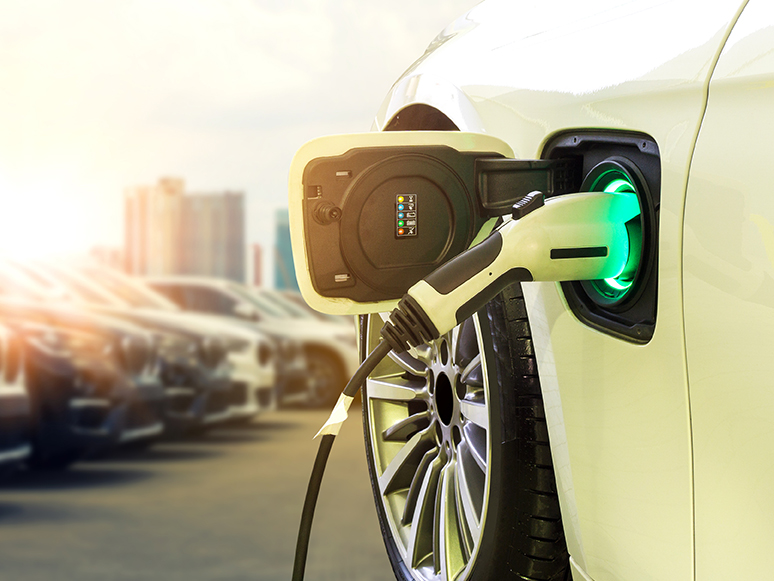With the increasing popularity and uptake of electric vehicles (EVs), the ATO has now released a draft compliance guideline which contains the methodology for calculating the cost of electricity when an eligible electric vehicle is charged at an employee’s or an individual’s home. The methodology can be applied for FBT from 1 April 2022 and for income tax purposes from 1 July 2022.
According to the ATO, the EV home charging rate will be 4.20 cents per kilometre. If charging costs are incurred at a commercial charging station, a choice must be made: if the EV home charging rate is used, the commercial charging station cost will be disregarded, and vice versa. However, records such as receipts must still be kept to substantiate any claims, and the choice to rely on the guideline applies for the entire FBT or income year.
For the 2023 FBT and income tax year, the ATO will accept a reasonable estimate based on service records, logbooks, or other available information where odometer records have not been maintained as a transitional measure. This approach is only available for the opening odometer reading at 1 April or 1 July 2022.
Businesses that can rely on this guideline include those that provide electric vehicles to their employees (or associates) for private use, where that results in the provision of a car fringe benefit, residual benefit or car expense payment fringe benefit and the business is required to calculate the value of benefit as a part of FBT obligations. For example, the EV home charging rate can be used to determine the recipient contribution component for the statutory formula method for car fringe benefits. Similarly, it can be used to determine both the operating cost and recipient contribution if the operating cost method is used.
For individuals, the guideline can only be relied on to calculate the cost of charging an electric vehicle if a zero emissions electric vehicle was used in carrying out income-earning activities and relevant records have been kept during the year.
The guideline is currently in draft form but is expected to apply to the 2023 FBT and income tax year.


